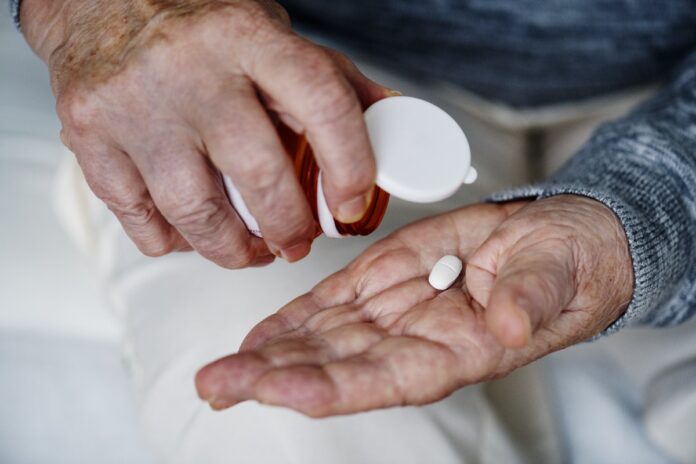Antibiotics are not like other types of medicine. They have strict guidelines that need to be followed. Not following the recommendations could result in delayed recovery or other health problems.
The guidelines about antibiotics are unfortunately not always written on the label. Doctors don’t always go through the information because they think patients already know the rules.
To help you out, here is a list of the things you should and should not do while taking an antibiotic.
- Do Stay on Schedule
This is the most important rule. Antibiotics are not like Ibuprofen or Tylenol. You can’t just take more or less depending on your symptoms.
The prescribed amount has been carefully measured to fight the bacteria in your body. Taking more won’t help you recover faster.
If you start feeling better, don’t stop taking antibiotics. This is one of the most common mistakes people make.
You need to take antibiotics for the time prescribed. Otherwise you could get a yeast infection or the bacteria could start to grow back.
It’s very important that you don’t share your antibiotics or take them when you don’t need them.
Antibiotics only work on bacterial infections. They won’t work on the flu or Corona because these are viral infections. Here is information about when you should take antibiotics.
- Don’t Drink Alcohol
Mixing alcohol with antibiotics is a bad idea. It will interfere with the medication and could make you feel worse.
You should also avoid other unnecessary medications. They might have a bad reaction with the antibiotic.
If you like smoking, you might be wondering if marijuana interferes with antibiotics. There has not been enough research to answer definitively, but it probably won’t.
Here is an in-depth look at how cannabis interacts with antibiotics and whether or not it’s a good idea.
Your doctor will probably tell you no to stay on the safe side. But cannabis could help your muscles relax and alleviate symptoms.
- Don’t Ignore Side Effects
No two people react to the same medicine in the same way. If you start experiencing side effects, contact your doctor.
Read the label before taking antibiotics and make sure to watch out for any side effects that you’re particularly sensitive to.
Some of the most common side effects include a change in appetite, nausea, and yeast infections.
Yeast infections can be very serious. They most often occur when patients don’t follow the instructions, but not always.
If you think you have a yeast infection, go back to the doctor. If you think you are experiencing an allergic reaction to the medication, seek attention immediately.
Stopping the antibiotic without medical supervision is not a good idea.
- Don’t Spend Too Much Time in the Sun
This might seem a bit strange, but think about how much stress the sun puts on your body. Absorbing sunlight takes a lot of energy, and your body is already under a lot of stress.
Since your body is already working extra hard, it won’t have the resources to filter the sun and you’re more likely to get sunburned
There’s no reason to get too extreme with this. You don’t need to lock yourself in a dark room or refuse to go outside.
In fact, a light dose of Vitamin D will help you recover. Fresh air and sunshine are great for your body, so long as you don’t overdo it.
- Do Stay Healthy
It might seem a bit late to be saying this when you’re already sick, but try and stay as healthy as possible. Even when you’re feeling bad, make sure to eat healthy foods and get enough rest.
You’ll need more sleep than usual, and you won’t have much energy. While it is important to sleep, getting up for a short walk can help improve your energy and help your blood flow.
Avoid contact with other people so that you don’t spread your sickness, and don’t go outside if it’s cold or the weather is bad.
Being in the cold puts an unnecessary strain on your body. Make sure to bundle up and stay warm.
Conclusion
Being sick is no fun, and sometimes there isn’t much you can do aside from wait. Antibiotics will help you recover, but only if you take them properly.










![Anso FG Reviews: UPDATED 2024 [ansofg.com] Anso FG Reviews UPDATED 2024 [ansofg.com]](/wp-content/uploads/2023/12/Anso-FG-Reviews-UPDATED-2024-ansofg.com_-100x70.png)







